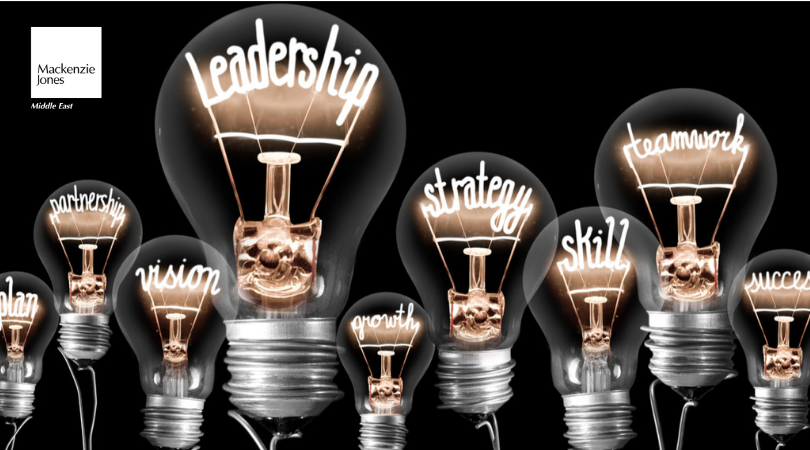
Here are a few thoughts around putting the customer at the heart of your team leadership strategy.
New products and services are launched all the time with the rise of the innovation economy. To stay ahead and even survive in today’s fast moving and ever changing commercial world, it is essential that customer centricity flows through the lifeblood of your organization. To consistently deliver value to your customers encourages loyalty and advocacy, which can only impact the bottom line positively. For you to grow and create value externally, you have to build a culture internally that promotes creativity, fluidity, and continuous improvement. These behaviors cannot be developed with a traditional top-down hierarchy approach to leadership. It just doesn’t work. Success in building a customer-centric culture requires everybody to own the development of their role and to be empowered. Your team needs to understand how the value they bring impacts on the overall customer experience, and once they are engaged and see the success of living the core values of your brand, they will be motivated and fulfilled.
High performing, customer focused teams are always made up of diverse people with equality of ownership. A group consisting of the same type of people thinking in the same kind of way will find solving problems a challenge, as there is not the breadth of thought to build an accurate big picture. Diversity massively encourages different ways of looking at things and therefore, delivers better solutions. The role of the leader is to facilitate collaboration and to know that it is their team members who are their enablers for growth and innovation. When you are hiring, you should look beyond favoring people who are similar to yourself and whom you feel you would get on well with personally. Grow your team with different personality types that have different strengths and weaknesses and add positively to the team demographics.
Environments where it is safe to speak up promote honest feedback, and this essential to continuous improvement. Problems should be acknowledged, and avoidance of dealing with issues should be avoided! Empowerment and transparency are critical factors in building successful teams. Try not to overload your people with too many projects at once and then you will ensure that you don’t compromise on quality. Your processes should be continually evaluated to ensure that they are conducive to value-added and seamless customer experiences. Successful businesses drive their products and services through their customers’ wants and needs, so it is essential that customer satisfaction is consistently measured. Your team should always be aware of these results and encouraged to input into improvements that are required. Empowerment increases innovation, and accountability drives performance.
With diversity always comes a difference of opinion, and therefore, debate should be actively encouraged to maximize strengths. Project work streams made up of representation from different areas of the business should be a regular feature within a customer-centric organization as this fosters innovation, promotes accountability, and encourages fluidity. Everything in the value chain is connected to the customer so a talent cluster consisting of people associated with each area is sure to maximize the quality of input, which will determine the quality of the output. Business partnering is somewhat of a buzz word but implemented correctly, effective stakeholder management across the business with all areas working in synergy will only exceed customer expectations.
It is a natural human trait to focus more on the past and the future than it is the present. Leading your team to practice mindfulness and look more at the present helps take away destructive preconceptions developed from the past, which could harm the future.
Finally, always remember that employees are people and not just resources so encourage healthy relationships throughout the business and promote partnership between your major stakeholders; your customer, your colleagues, and your company.





